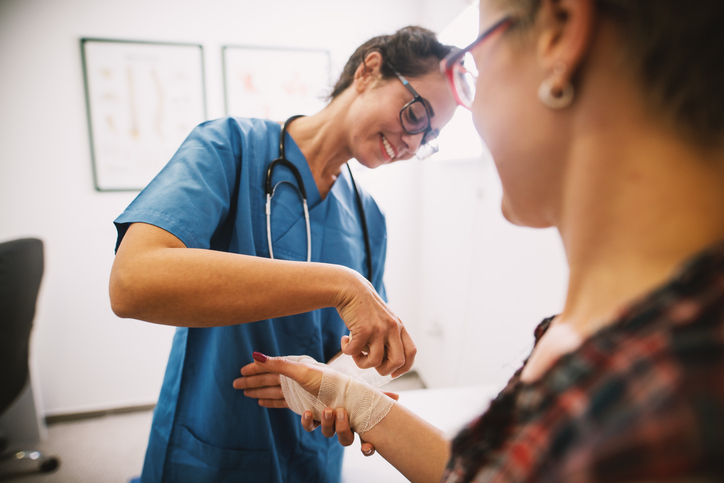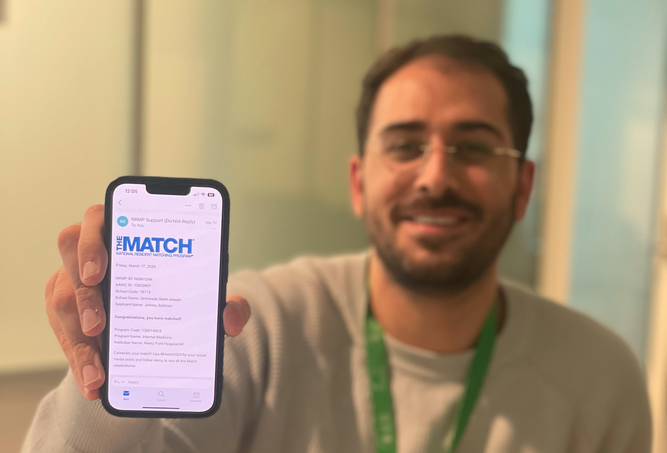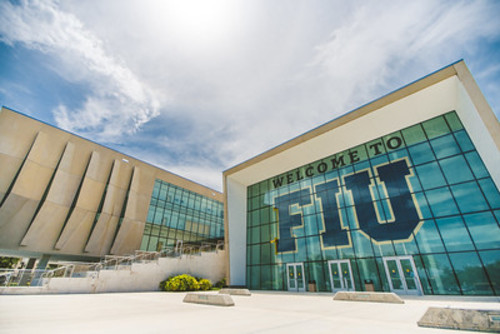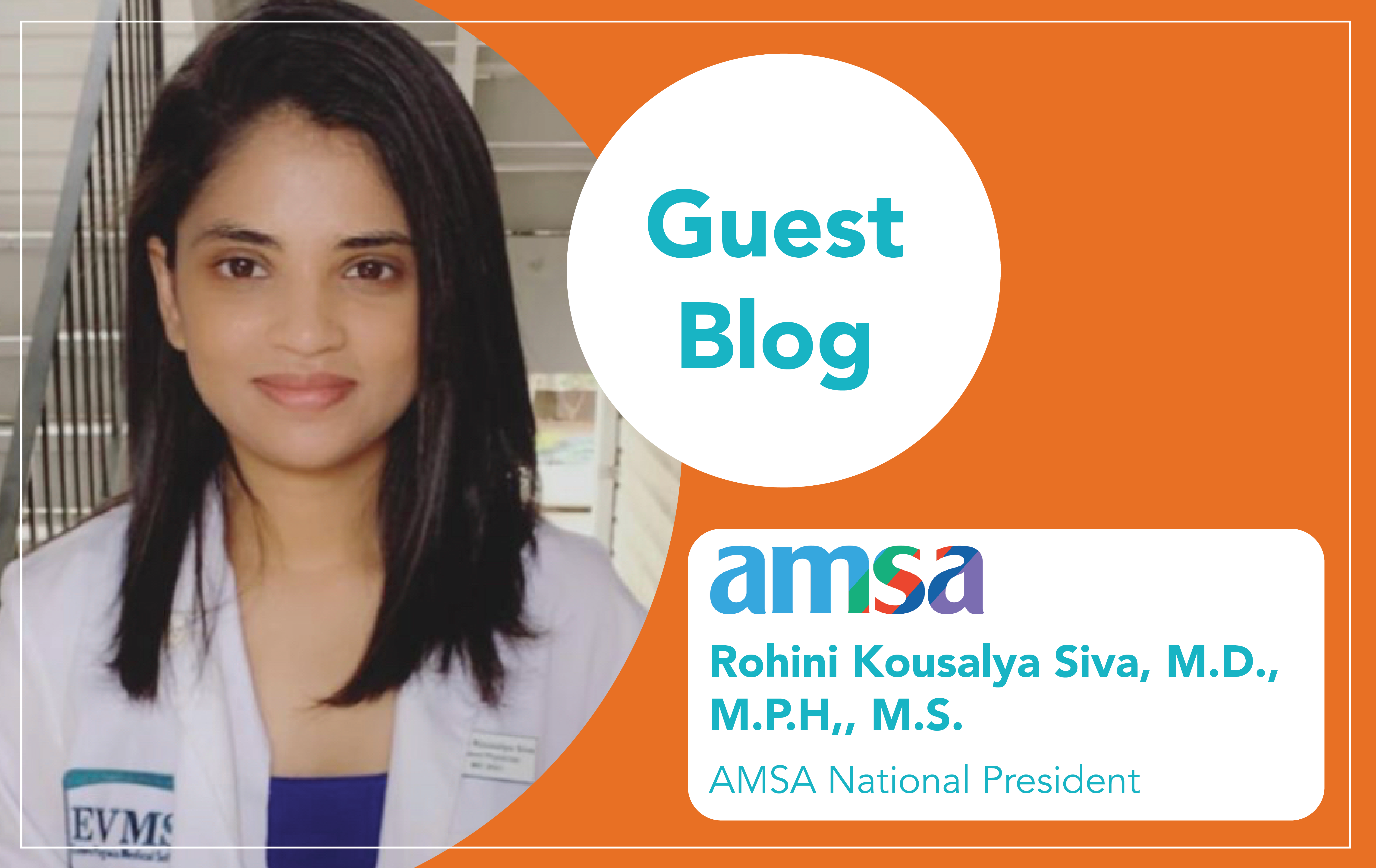If you’re applying to medical school, are a current medical student, or recently graduated, COVID-19 has gotten in the way of your plans. The pandemic has forced many individuals to rearrange their schedules. Restrictions and limitations may have materialized in canceled clinical training, a halt in education, canceled exams, and, at the very worst, failure to meet application requirements for medical school or residency.
The Association of American Medical Colleges and the National Resident Matching Program responded to each of the above scenarios by relaxing application requirements and extending deadlines. Unfortunately, these organizations may not make such exceptions in the future, meaning you’ll have to find ways to fill up those blank spaces in your experience.
The Search for Real-World Training During COVID-19
If you’re still in your undergraduate education or completed just your degree, you may be struggling to find real-world experience. Hands-on training is important when it comes to building an impressive and enticing resume or CV. COVID-19 has been responsible for 1.8 million deaths since the first report of cases by the World Health Organization in January 2020. With case numbers steadily growing in the U.S. following the holidays and a new strain of COVID-19 in 30 countries and counting, hospitals and clinics are nearing capacity. They cannot support clinical training or vet for the health and safety of those looking to gain real-world experience through volunteering.
Similarly, nursing homes, which once welcomed volunteers, have kept many away as COVID-19 can be a larger threat due to their residents’ age and deteriorating health. Although medical experience can be gained at labs, research facilities, and through foundations, many of these entities have social distancing regulations that may not allow them to invite trainees and volunteers at this time.
How Medical Schools and Residency Programs View Gaps
Gaps in the experience portion of your resume/CV can hurt your chances of getting into medical school or residency. Character plays a large role in being accepted. Greater medical experience shows genuine interest, initiative, and responsibility.
Your real-world experience can also provide a basis for your personal statements and interviews. The more you have to pull from, the greater the chance you share something that will truly show your interest in medicine, character, and skills in the field.
Gaps in your resume/CV and education will not be ignored by medical schools or residency programs. If you do not address it, they will. These institutions understand the importance of health and safety but, with alternative training available and applications for medical school and residency programs at an all-time high, experience could be a primary determinant in who stands out—and gets accepted—for future application cycles.
Clinical Training as A Solution
At present, it can be difficult to secure real-world experience on your own. AMOpportunities can simplify the process by providing a selection of hospitals, clinics, and educational facilities that are available to host trainees every month.
We offer a balance of in-person and virtual rotations so you can learn in whatever way best suits you. In-person rotations have personal protective equipment and safety measures implemented to ensure visitors like you are safe while rotating. Virtual rotations leverage technology to maximize communication between our visitors, preceptors, and their patients.
Options to Consider
Both clinical experience types can add to your real-world experience and are recognized equally by residency programs. If you aren’t sure where to start in planning a clinical experience, the following are some options to consider.
-
Virtual Clinical Experiences While Working or in School
If you are in medical school or working, a virtual clinical experience, specifically one that is flexible, could be a good fit. These experiences offer manageable price points and limited planning. They also allow you to select the days and hours you want to rotate, allowing you to maintain your current lifestyle while moving forward with your medical education goals.
Explore All Virtual Experiences >
Explore Flexible Virtual Experiences >
-
One-Week or Two-Week Virtual Experiences During Breaks
Gain real-world experience and a merit-based letter of recommendation in as little as one week. These shorter experiences are among the most affordable and can equip you with telehealth skills. As an emerging medical technology, telehealth holds a place in the future of healthcare, and early exposure can impress medical schools and residency programs.
Explore Week-Long Clinical Experiences >
-
In-Person Clinical Experiences During the Summer
For a complete look at the U.S. healthcare system, you prefer to rotate in person. We offer hundreds of experiences in 70+ medical specialties and subspecialties. A U.S. rotation during the summer means great weather for sightseeing on the weekends! These months are popular with visitors, so seats fill quickly. For the best chance at getting an experience in the specialty and month you prefer, apply today!







Leave A Comment